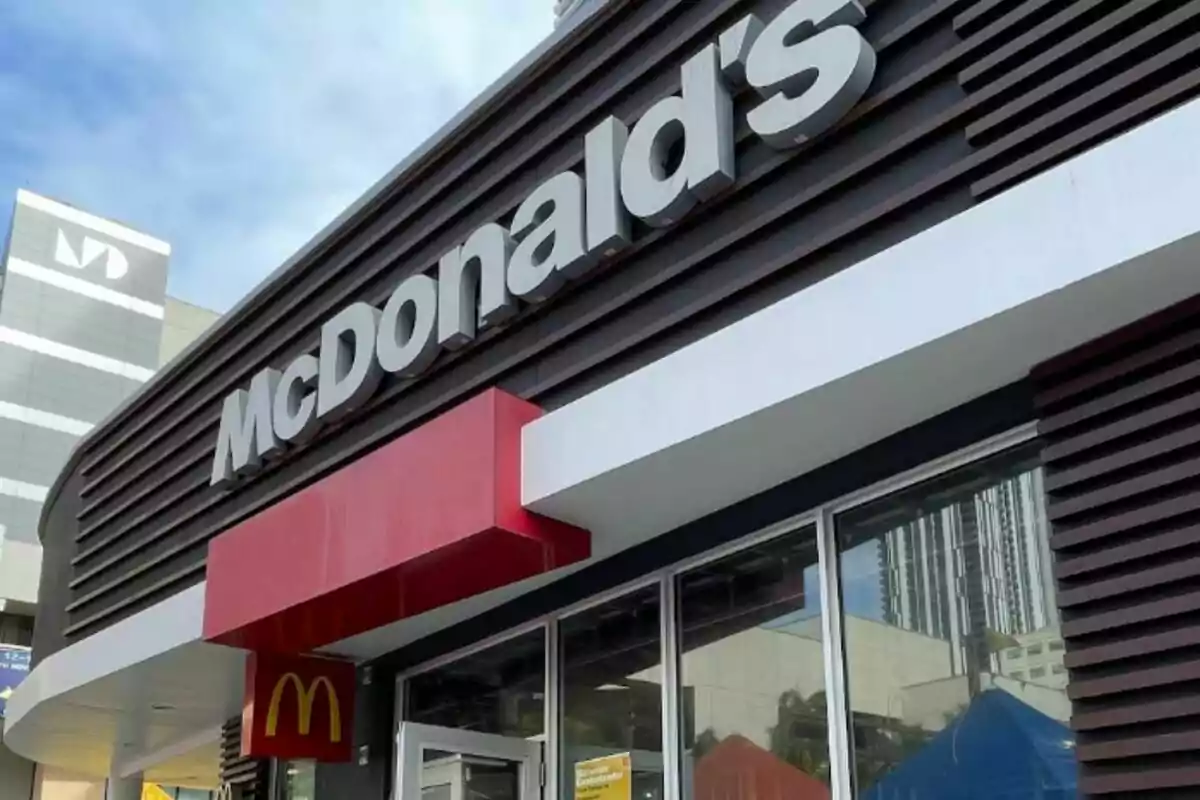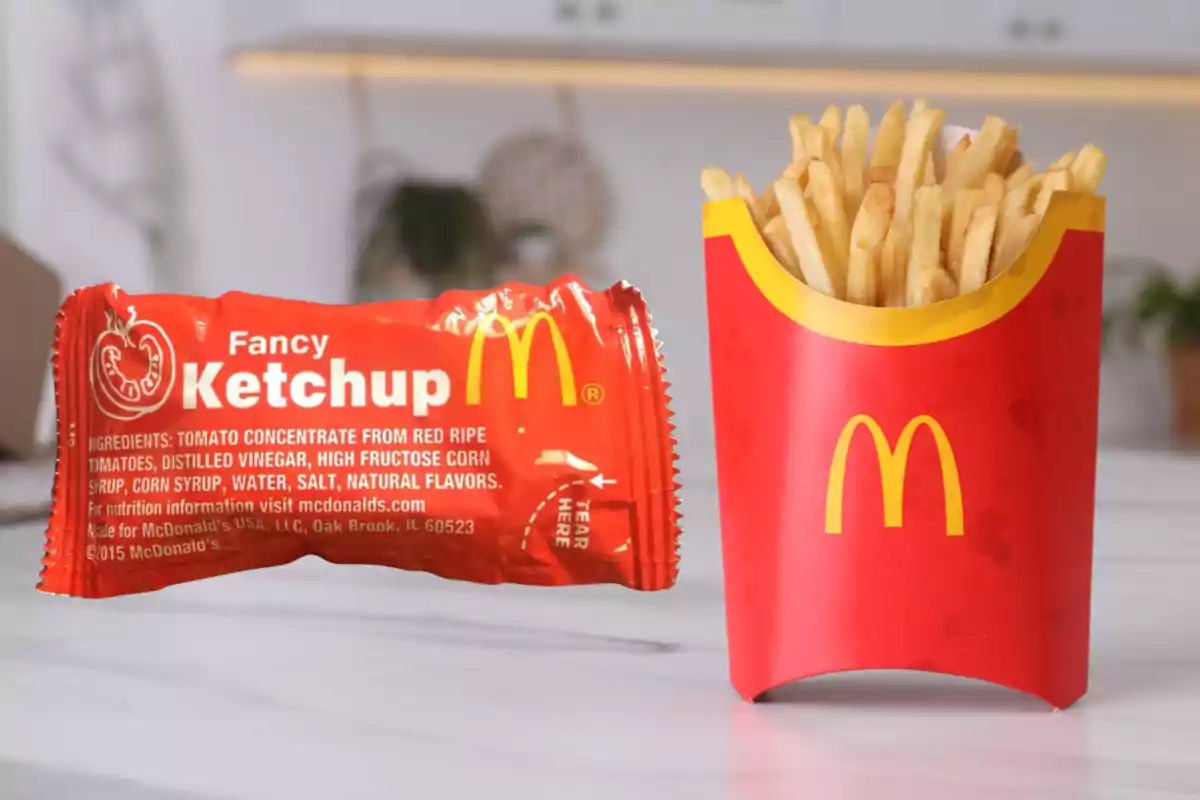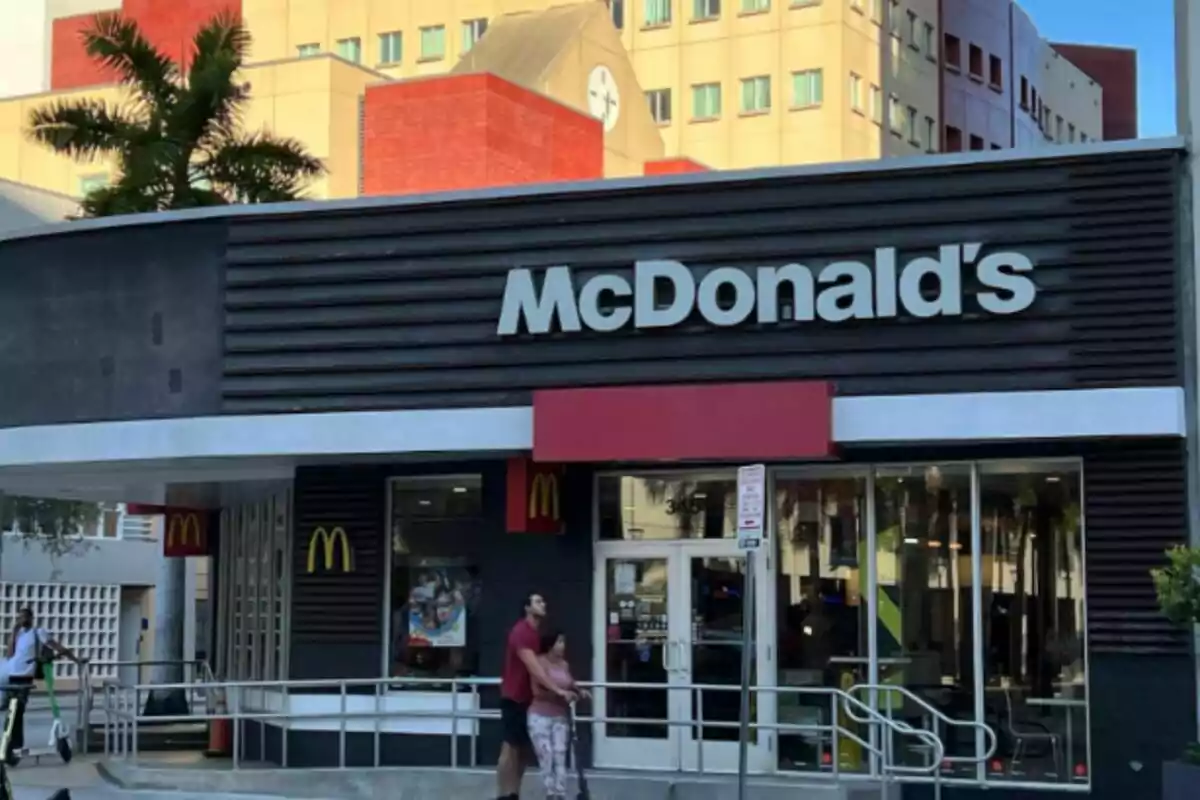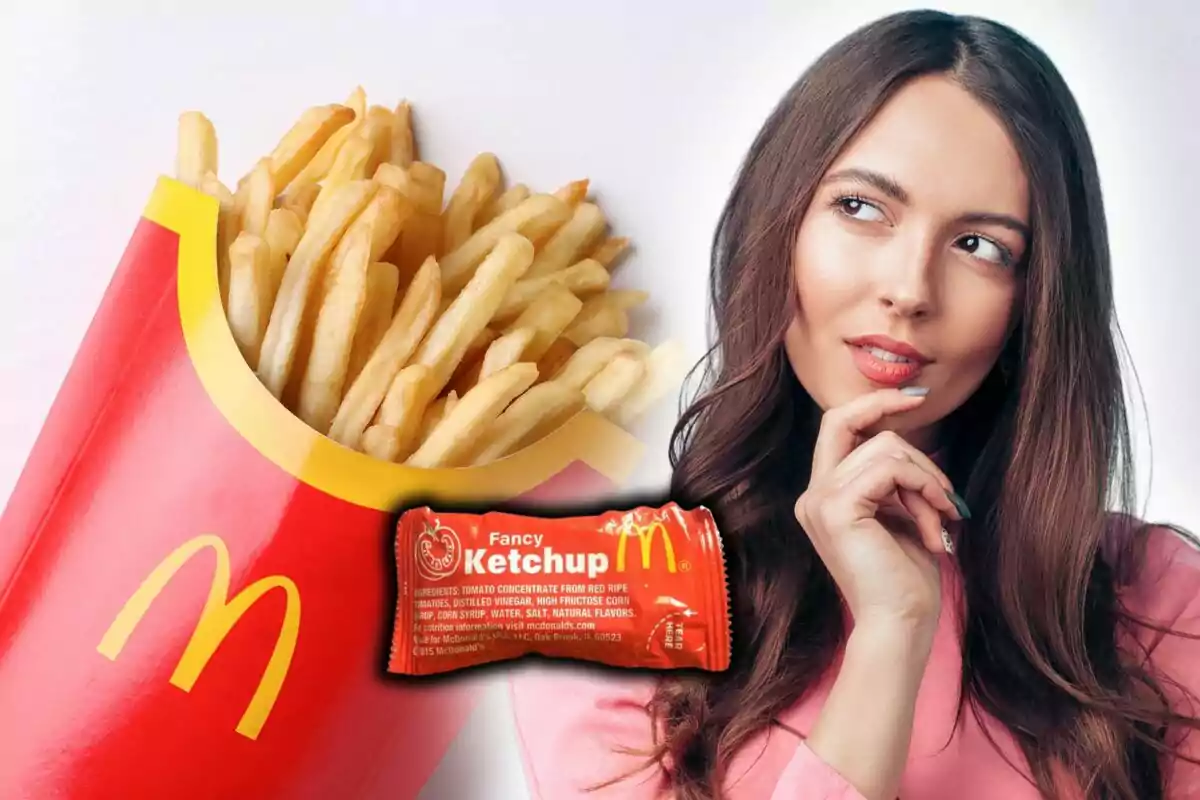For years, McDonald's customers have debated why their ketchup tastes so different. It's less spicy, a bit more acidic, and has a smoother touch than other popular brands. The recurring question was: why isn't McDonald's ketchup like the supermarket's?
Although it seemed like an insignificant detail, the answer was tied to high-level strategic decisions. McDonald's not only takes care of the bread or meat of its burgers, but it also protects the formula of its sauce. Thus, recently, the company has revealed the reason why its ketchup in the United States has its own identity and doesn't bear the Heinz name.

McDonald's said goodbye to Heinz and an exclusive recipe was born
Since its founding in 1955, McDonald's worked with Heinz as the official ketchup supplier. It was a relationship that lasted decades until an unexpected change in 2013. Former Burger King CEO Bernardo Hees was appointed CEO of Heinz, which led McDonald's to cut ties with the company.
The decision was quick and firm. McDonald's understood that it couldn't share a supplier with one of its major rivals, so it opted to develop its own ketchup. This move allowed it to control the product's flavor, ensuring a uniform experience in all its restaurants.
Since then, every ketchup packet served under the golden arches is produced exclusively by the company. Additionally, its formula has a special distinction: it is classified as "Fancy" ketchup by the United States Department of Agriculture (USDA). This level of quality is awarded only to sauces that contain at least one-third tomato solids, have an intense color, and a homogeneous texture.

Similarities, differences, and a commitment to consistency
At first glance, many might think that McDonald's ketchup and Heinz's are practically the same. However, there are small differences that completely change the experience. McDonald's uses a simpler recipe, which even includes water to lighten the texture and maintain a cleaner taste.
Heinz, meanwhile, doesn't dilute its product and adds onion powder and spices, creating a more complex and seasoned profile. The result is a more intense sauce, while McDonald's opts for the sweetness of the tomato without overwhelming the palate. This seemingly technical decision is key to accompanying the chain's burgers and fries without overshadowing their flavor.
The recipe varies slightly in some countries, adapting to local regulations. In the United Kingdom, for example, glucose-fructose is used instead of the traditional corn syrup.
Even so, the intention is always the same. Every customer has to recognize McDonald's ketchup from the first bite, no matter where in the world they are.

A flavor strategy that defines the brand
Control over its ketchup is not an isolated case within McDonald's strategy. The chain also collaborates with Coca-Cola to ensure the taste of its soda is different from other brands selling the same drink. However, with ketchup, they decided to go a step further: they dispensed with any supplier and took on full production.
This gives them absolute control over quality and flavor and avoids relying on third parties. It also ensures that the customer always has the same experience, whether in New York or Los Angeles. This approach reinforces the brand's identity, which seeks to differentiate itself not only through its products but also through the details that accompany each menu.
Meanwhile, Heinz remains the king of the supermarket, McDonald's has shown that within its restaurants, the experience is entirely designed by them. Their ketchup, far from being a simple sauce, is part of their DNA.

